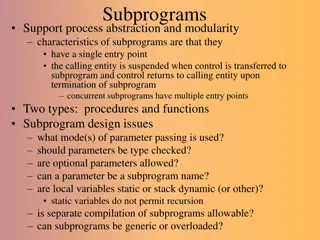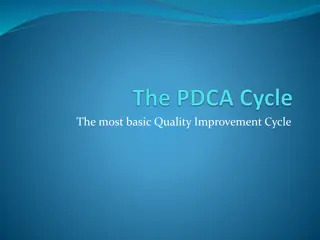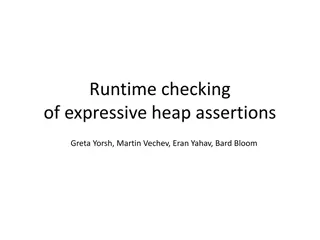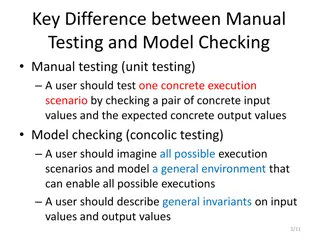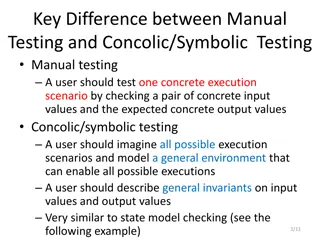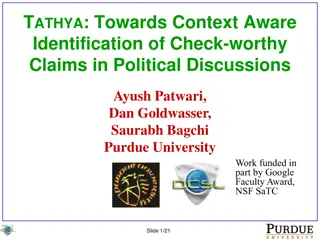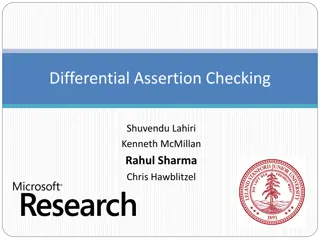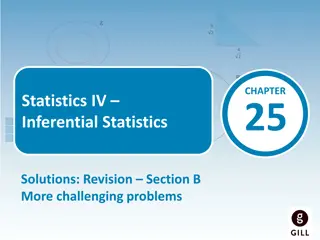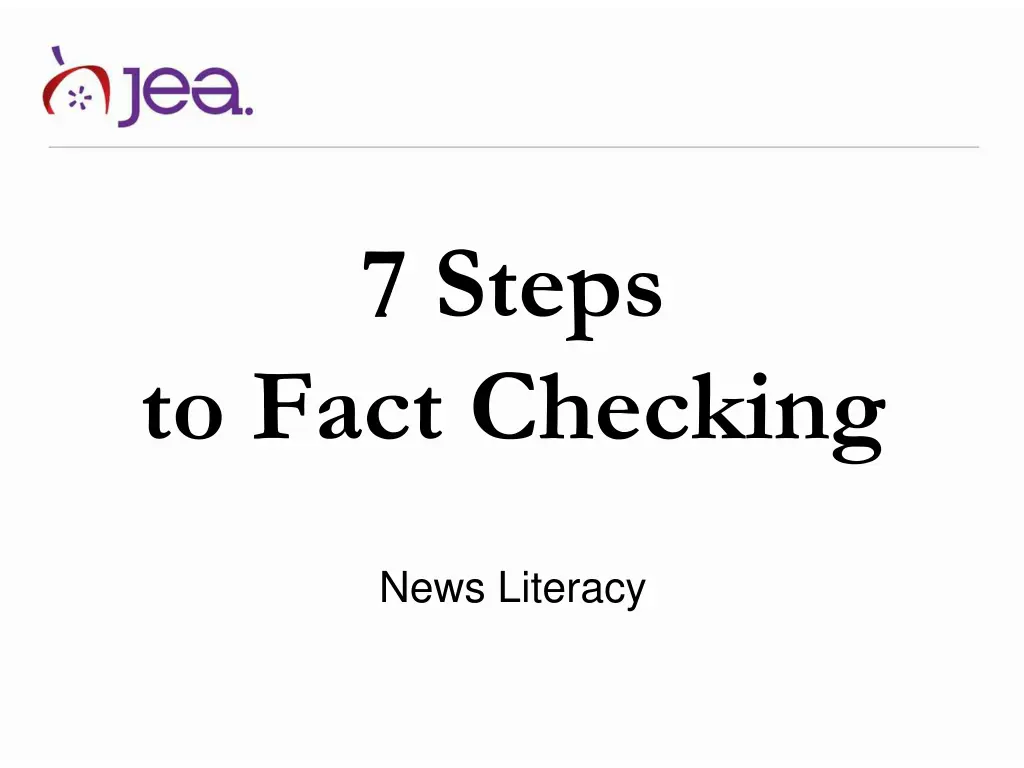
7 Steps to Enhance Your Fact-Checking Skills
Improve your news literacy with these 7 essential steps for effective fact-checking. From choosing the right fact to using helpful tools, learn how to enhance your credibility and accountability in verifying information accurately.
Download Presentation

Please find below an Image/Link to download the presentation.
The content on the website is provided AS IS for your information and personal use only. It may not be sold, licensed, or shared on other websites without obtaining consent from the author. If you encounter any issues during the download, it is possible that the publisher has removed the file from their server.
You are allowed to download the files provided on this website for personal or commercial use, subject to the condition that they are used lawfully. All files are the property of their respective owners.
The content on the website is provided AS IS for your information and personal use only. It may not be sold, licensed, or shared on other websites without obtaining consent from the author.
E N D
Presentation Transcript
7 Steps to Fact Checking News Literacy
Fact checking is a process of accountability It is not mere copyediting It is not simplistic It is used for any and all purposes, regardless of the subjects involved or angle of the story
7 steps from the pros 1. Choose the right fact 2. Prepare yourself 3. Decide on a ratings system (or not!) 4. Use the tools 5. Do some social media prep work 6. Be transparent and make corrections 7. Pay attention to the aftermath
1.Choose the right fact Not every fact is truth, nor can it be verified using this method. The pros will ask: 1. Can it actually be proven? Or not? 2. Is it a factual statement and not an opinion or prediction? 3. Is it interesting? Does it make you wonder, is this true? 4. Has it been getting a lot of buzz? Commentary? Repetition? 5. Was it an expensive ad or major production?
Examples: Clinton said she will create two million new jobs in her first term as president. Obama said there is less crime in his former Chicago neighborhood than in other areas of the city.
2.Prepare yourself The pros will do the following to make fact- checking efficient and transparent: Create a database of databases This means keeping track of facts that you ve already verified and information or data/numbers commonly used Use Google docs Make it a collaborative effort with your peers Learn to use Soundcloud for radio ads You need some storage system for audio or visual content that you want to verify
3.Decide on a ratings system If you are going to regularly check and correct facts in the local media related to your school/community, you might consider using a rating system to draw your readers in.
4.Use the tools The pros use these tools to help: Google Translate TinEye Skeptive.com Snopes Spokeo WolframAlpha Google Maps, Google Earth Keep up: Verification Junkie Tumblr, Craig Silverman, API newsletter/site.
5.Do some social media prep work Remind your readers to follow you on social media for quick fact-checking or corrections. Don t wait until your next print edition to get the information out there. Tips from the pros: Make hashtag decision and promote. Have your links ready. Check social media for bad facts.
6.Be transparent and make corrections The pros say: Tell your readers how you do what you do Make corrections obvious
7.Pay attention to the aftermath The pros say: Be prepared for some fallout. Read comments and take criticisms seriously. Be quick to correct or clarify. Follow up: Is your fact-check getting out there? Or are people still repeating false information.
What facts should you be checking? Know what s going on in the community, and what facts are most relevant or impactful for your student readers. Understand the greater connections between facts and what happens at your school or in your neighborhoods. Be better than your local media!




